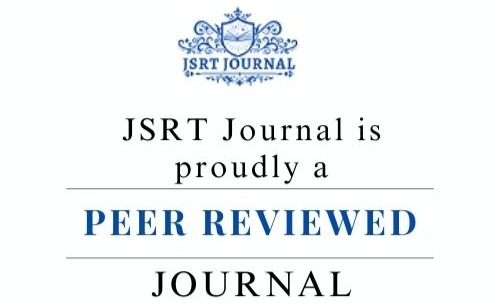SVM-Based Innovative Assessment Of A Marker Of Inflammation For The Prognosis Of Mild Cognitive Impairment To Front Temporal Lobar Degeneration Dementia Disease
DOI:
https://doi.org/10.61808/jsrt112Keywords:
Neuro-Cognitive, Prodromal, Dementia, Neuro-Imaging, PRISMAAbstract
Frontotemporal disorders (FTD), sometimes known as frontotemporal dementia, are instigated with damage to neurons in temporal and frontal regions of brain. There are a wide variety of symptoms which can appear, including unusual behavior, emotional concerns, communication challenges, career difficulties, & walking difficulties. Frontotemporal dementia (FTD) is one of the most frequent types of dementia, and its symptoms and neurobiological hallmarks overlap to some extent. The proper diagnosis and identification of disease indicators is essential for effective patient monitoring. Differentiating amongst Alzheimer's disease (AD) & FTD utilizing unsupervised as well as supervised machine learning in MRI scans of the brain. And also classifying the types of frontotemporal dementia.











